Japanese Literature
I’m going to recommend a classic piece of Japanese literature from the Heian (平安) period.
Genji Monogatari (源氏物語) or the The Tale of Genji, is a famous and renowned novel about a prince and his romantic dalliances. As much as Shakespeare is respected and praised all over the world, so is the author of Genji Monogatari (源氏物語) in Japan. Her name is, or I should say was, Murasaki Shikibu (紫式部). You can find translated versions of The Tale of Genji in English so there’s no excuse not to read it!
If you want to take the challenge and try reading it in Japanese, I’m going to warn you that it’s not an easy task. The language is written in the old Heian (平安) court style of Japanese, which is highly refined. On top of that, Murasaki (むらさき) has an unusual naming convention for her characters. In Heian (平安) times, it was considered rude to call someone directly by their name. For example, if I were to address the person next to me with a simple “Hello Jonathan” I would be committing a grave social mistake. In The Tale of Genji, you’ll find many characters with a title such as “the beautiful princess of the east”. This is not to say that the lady was an actual princess, but it’s just a polite title attached to the region from whence the person came. In the same vein, some of the men are referred to as “his excellency” or by the role or occupation the man serves in court.
It gets confusing when there’s a dialogue between several women and you have to sort out which “princess” is doing the talking and which “princess” is being refered to in the conversation. On top of that, some of the conversations are not direct, but involve some deductive thinking. For example, it’s not unusual to see a character recite a poem in place of an actual conversation. Some of the words have double meanings, which adds to the complication.
Before I go, I just want to add that the Tale of Genji is really a fun read. Once you get the characters down (which number in the hundreds), you’ll find some intricate and fascinating details about the life of upper class women, courtlife in general, and the workings of the Heian (平安) etiquette and social status system. One more thing that I’ll add is that you might find some of the moral codes of the Heian (平安) society distateful. In fact, if we were to judge the behavior of Genji (源氏) in a modern court of law, he would probably be sentenced to some MAJOR jail time. However, despite that, the book is interesting, so if you get a chance read it anyway.

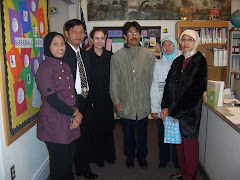

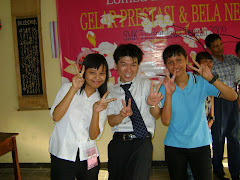
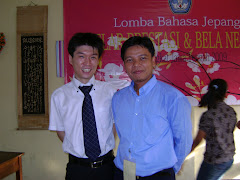
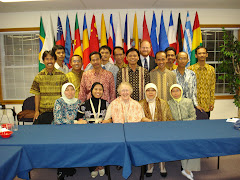

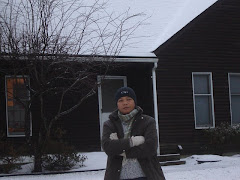
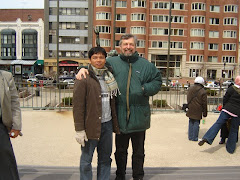
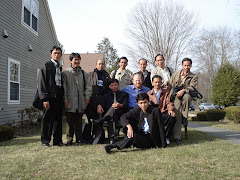




No comments:
Post a Comment